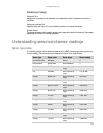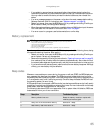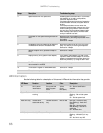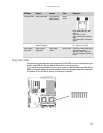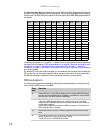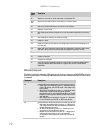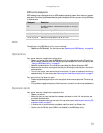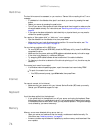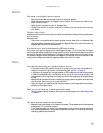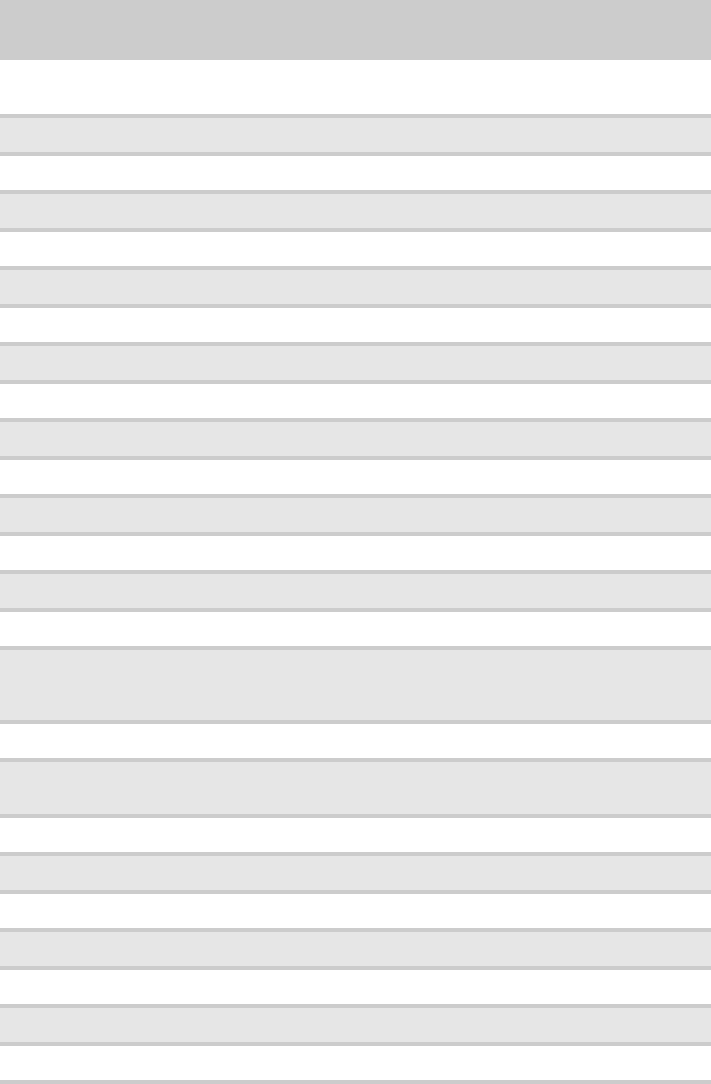
CHAPTER 6: Troubleshooting
70
52 Updates CMOS memory size from memory found in memory test. Allocates memory
for Extended BIOS Data Area from base memory.
60 Initialize NUM-LOCK status and programs the KBD typematic rate.
75 Initialize Int-13 and prepare for IPL detection.
78 Initialize IPL devices controlled by BIOS and option ROMs.
7A Initialize remaining option ROMs.
7C Generate and write contents of ESCD in NVRam.
84 Log errors encountered during POST.
85 Display error to the user and gets the user response to error.
87 Execute BIOS setup if needed/requested.
8C Late POST initialization of chipset registers.
8D Build ACPI tables (if ACPI is supported).
8E Program the peripheral parameters. Enable/disable NMI as selected.
90 Late POST initialization of system management interrupt.
A0 Check boot password if installed.
A1 Clean-up work needed before booting to operating system.
A2 Take care of runtime image preparation for different BIOS modules. Fill the free area
in F000h segment with 0FFh. Initializes the Microsoft
®
IRQ Routing Table. Prepares
the runtime language module. Disables the system configuration display, if needed.
A4 Initialize runtime language module.
A7 Display the system configuration screen, if enabled. Initialize the CPUs before boot,
including the programming of the MTRRs.
A8 Prepare CPU for operating system boot, including final MTRR values.
A9 Wait for user input at config display, if needed.
AA Uninstall POST INT1Ch vector and INT09h vector. De-initializes the ADM module.
AB Prepare BBS in Int 19 boot.
AC End of POST initialization of chipset registers.
B1 Save system context for ACPI.
00 Pass control to OS Loader (typically INT19h).
Check
point
Description




